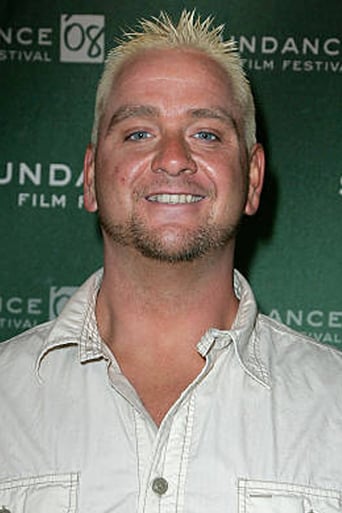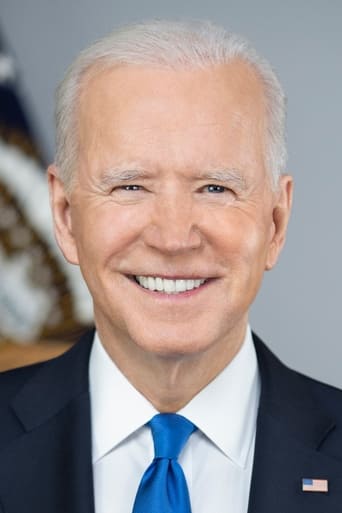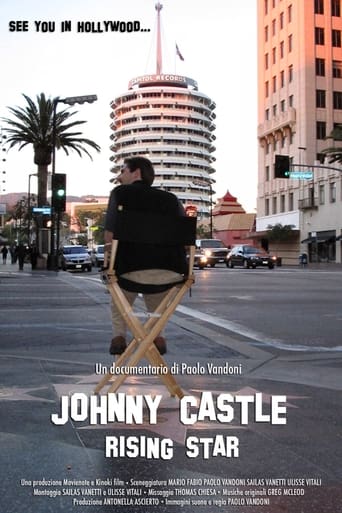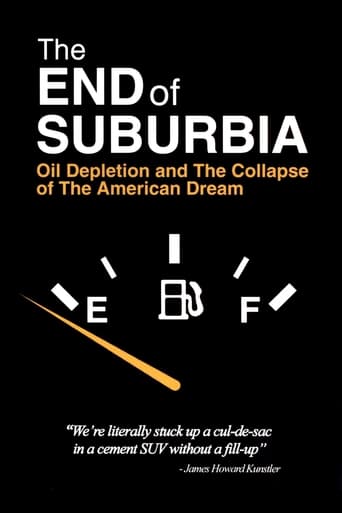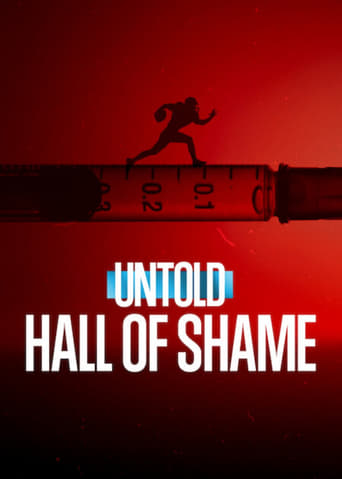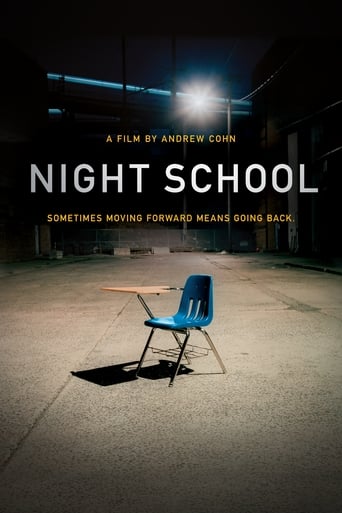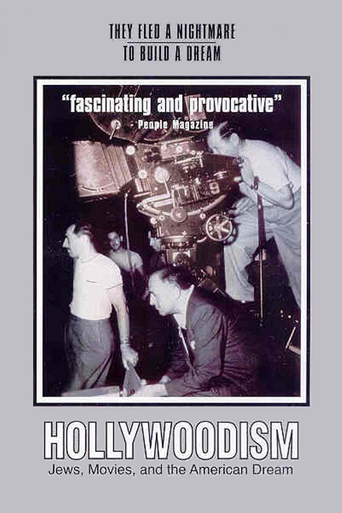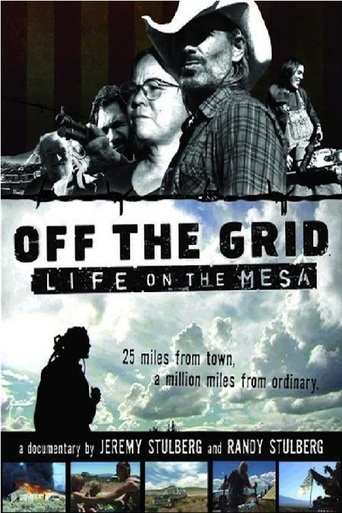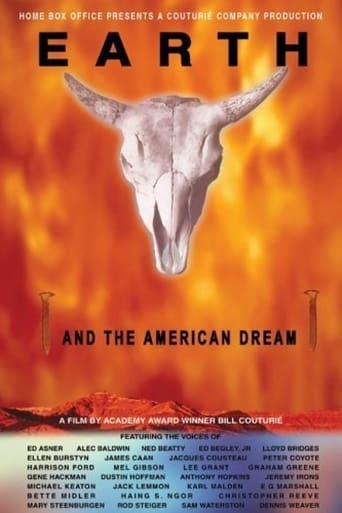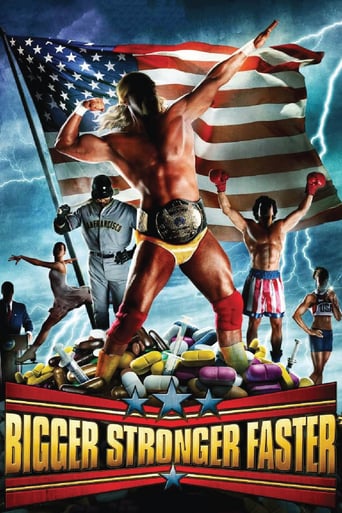

Bigger Stronger Faster* (2008)
In America, we define ourselves in the superlative: we are the biggest, strongest, fastest country in the world. Is it any wonder that so many of our heroes are on performance enhancing drugs? Director Christopher Bell explores America's win-at-all-cost culture by examining how his two brothers became members of the steroid-subculture in an effort to realize their American dream.
Watch Trailer
Cast


Similar titles
Reviews
This is by far one of the best Docs I have ever seen. Chris Bell really has a way of showing how miscued Steriods are or PED's in general. He has a way of showing how full of crap we are as a country. Don't get me wrong I love this Country but we are sick in a lot of ways. His parents seem like great people as is his family. Give this a watch if sports are your thing.
I am no scientist nor doctor, so I have no idea how accurate this film is. I would sure love to hear from a real and impartial expert what they think of this provocative film. When the film begins, the filmmaker talks about his childhood and that of his two brothers. The three went from doughy kids to macho via football, pro wrestling as well as weightlifting. Two of the brothers did this with the help of steroids, the filmmaker didn't...and is the smallest of the three. The movie purports to be anti-steroids initially. It talks about the various negative consequences of the drugs as well as their ubiquity in sports. However, through the course of the film, the dialog changes and the film ends for there becoming legal because, at least according to the filmmaker, there are no long-term studies and there seem to be benefits only for its use. Is this true? I dunno but the film is provocative and well constructed.
I liked the movie, it showed some interesting perspectives, but one fact bugged me more than anything else; the sheer number of different NFL team hats he wears. I know he wears a Colts, Saints, Chargers, Steelers and Raiders hat, and I think I am forgetting a few. This is the most troubling part of the film for me, as the credibility of someone who endorses multiple teams (within the same division no less) is far from stellar. I need someone with more time on their hands to get to the bottom of this mystery and let the world know who this cat really roots for. This is so completely irrelevant that I have to hope it was an inside joke or easter egg kind of deal, but i find it ridiculous.
The documentary "Bigger, Stronger, Faster" provides a decidedly unconventional - indeed, controversial - take on the use of anabolic steroids. Rather than pointing out the dangers of such use, the film seems to be making the opposite case: that steroids are really no more problematic than myriad other performance-enhancement substances and techniques used by athletes to better their game. And, if anything, it is the American obsession with being the biggest, the strongest and the fastest that may be the real culprit in the first place. Christopher Bell, who directs, narrates and appears prominently in the film, was a short, fat kid when he and his two brothers, Mark and Mike, the latter of whom died not long after the release of the movie, became obsessed with achieving fame and fortune through bodybuilding, power-lifting and professional wrestling. With media-savvy role models such as Hulk Hogan, Arnold Schwarzenegger and Sylvester Stallone serving as their inspiration, the boys eventually turned to steroid use to improve their chances of achieving their goal. But Chris always felt bad for trying steroids, mainly because the media and the people around him kept telling him that it was both dangerous and immoral to do so. So he quit. Now, through his film, Chris has decided to find an answer to his question of whether steroids really are such a bad thing - in terms of their effect on both the body and competitive fairness - or whether their negative reputation is largely a product of media hype. He spends a good amount of his time in the film seeking out professional athletes, coaches, and "experts" in the field, only to find that the "experts" – whether in the medical field or the halls of Congress – don't really have the facts to buttress their case, and that most of the athletes he talks to flat-out admit to using steroids themselves. Chris really aims his opprobrium at the modern American obsession with achieving fame, fortune and physical perfection at any and all costs – a group in which he includes himself and his brothers. There's a particularly pointed and witty moment as a psychologist he's interviewing points to the slow but noticeable evolution of the GI Joe action figure over the decades, from a fairly trim average guy in the '50s to a muscle-bound, six-packed, super-hunk today. Chris calls out the media for its complicity in this obsession with the models that are used in advertising and the actors who have achieved superstar status on screen. Chris's main thesis is that steroid users are being unfairly singled out, while people in other areas of life - like college students and musicians who take performance-enhancing drugs - are not similarly accused of cheating. It's the hypocrisy that seems to bother Chris the most. He points out that the same Congress that brought baseball players in to testify about doping in that field also managed to deregulate a supplement industry that finds ways to rip off consumers with the promise of physical perfection. He likewise attacks the pharmaceutical industry that continually feeds America's obsession with consuming drugs as a means of achieving health and happiness. He also points out just how easy it is to procure access to all kinds of drugs – both legal and illegal – if the determination is there and the price right. By focusing so heavily on his own family, Chris really personalizes the issue for the audience and prevents the movie from becoming just another finger-wagging, cautionary-tale polemic. This also brings us the film's most poignant moments as he and his brothers engage in moments of fruitful soul-searching and their parents reveal how they feel about the issue. "Bigger, Stronger, Faster" is likely to upset some in the audience who feel it's taking a somewhat cavalier approach to what is generally considered to be nothing short of a scourge plaguing our nation. But Chris seems to be making some good points, even if he isn't coming right out and endorsing the use of anabolic steroids. He seems more concerned with exactly WHY we are so obsessed with being the biggest, strongest and fastest. And that deeper dimension is what winds up giving his film the competitive edge it needs to win.



